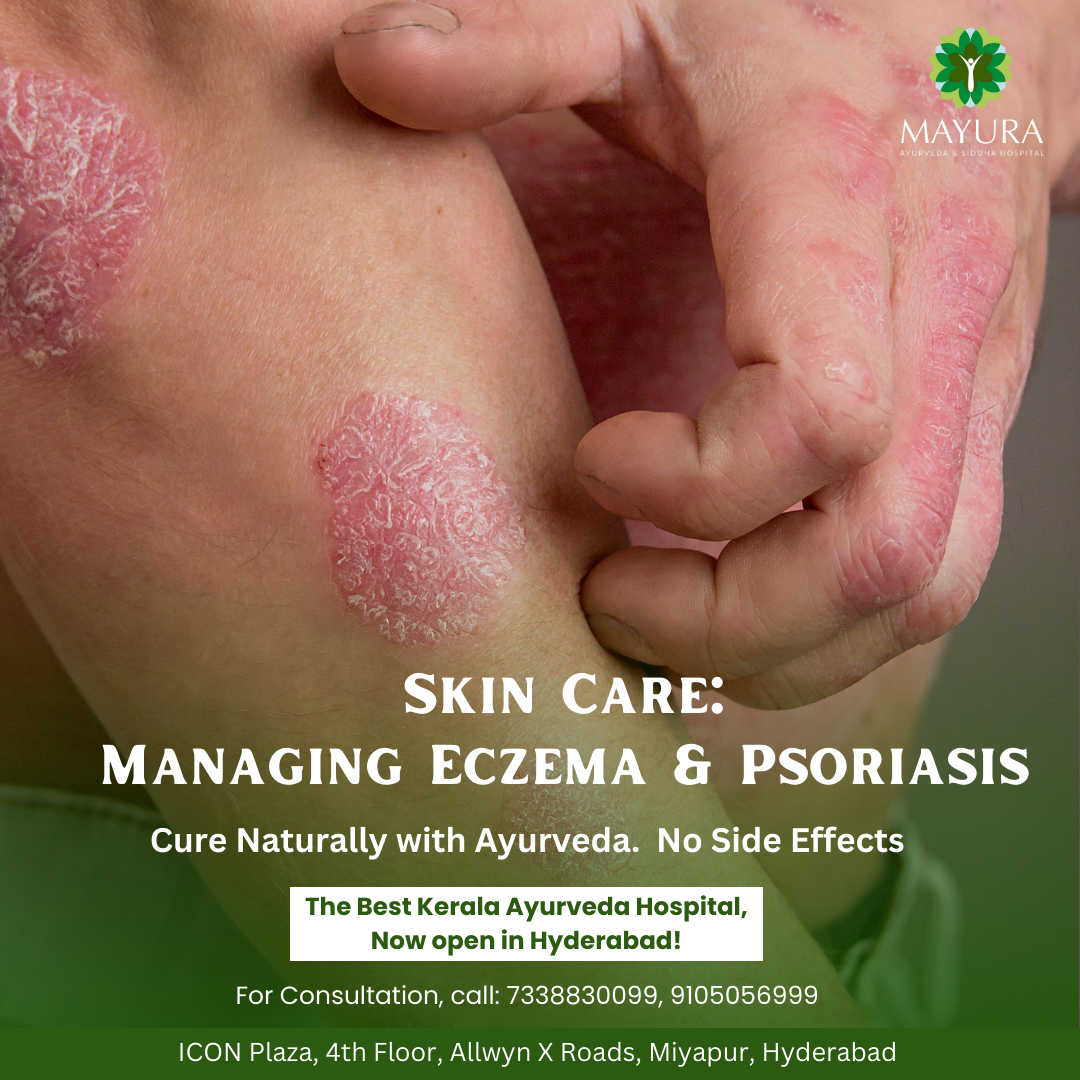Eczema and psoriasis are two common skin conditions that can cause discomfort and frustration for those who suffer from them. While they may share some similarities, they also have distinct characteristics and require specific management strategies. Understanding the differences between eczema and psoriasis, as well as learning how to care for your skin effectively, can significantly improve your quality of life.
Understanding Eczema and Psoriasis
Eczema, also known as atopic dermatitis, is a chronic inflammatory skin condition characterized by dry, itchy, and inflamed patches of skin. It often appears in childhood and can persist into adulthood. On the other hand, psoriasis is a chronic autoimmune condition that speeds up the growth cycle of skin cells, leading to the formation of thick, red patches with silvery scales.
Skincare Tips for Managing Eczema and Psoriasis
Keep Your Skin Moisturized: Moisturizing regularly is essential for both eczema and psoriasis sufferers to prevent dryness and irritation. Opt for fragrance-free, hypoallergenic moisturizers to avoid triggering flare-ups.
Avoid Harsh Products: Certain skincare products containing fragrances, alcohol, or harsh chemicals can exacerbate eczema and psoriasis symptoms. Choose gentle, non-irritating cleansers and skincare products.
Use Lukewarm Water: Hot water can strip the skin of its natural oils, leading to dryness and irritation. Instead, opt for lukewarm water when bathing or showering, and limit your bathing time to avoid drying out your skin.
Identify and Avoid Triggers: Pay attention to factors that may trigger flare-ups of eczema or psoriasis, such as stress, certain foods, environmental allergens, or weather conditions. Taking steps to avoid these triggers can help manage symptoms.
Manage Stress: Stress can exacerbate both eczema and psoriasis symptoms. Practice stress-reducing techniques such as yoga, meditation, deep breathing exercises, or engaging in hobbies you enjoy.
Seek Medical Advice: If over-the-counter skincare products aren’t providing relief, consult a dermatologist for personalized treatment options. They may recommend prescription medications, topical corticosteroids, phototherapy, or other advanced treatments.
Protect Your Skin: Shield your skin from harsh environmental factors such as extreme cold or sun exposure, which can worsen eczema and psoriasis symptoms. Wear protective clothing and use sunscreen when necessary.
Conclusion
Managing eczema and psoriasis requires a comprehensive approach that includes skincare routines, lifestyle modifications, and sometimes medical interventions. By following these skincare tips and working closely with healthcare professionals, individuals with eczema and psoriasis can effectively manage their symptoms and improve their quality of life.
















